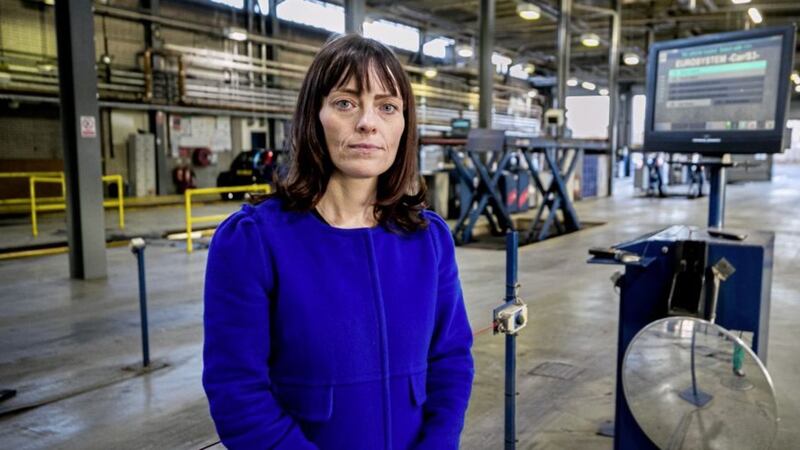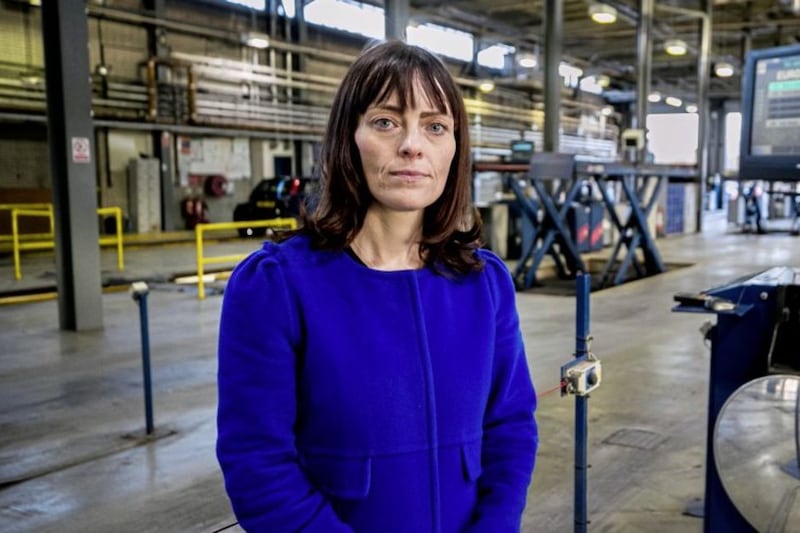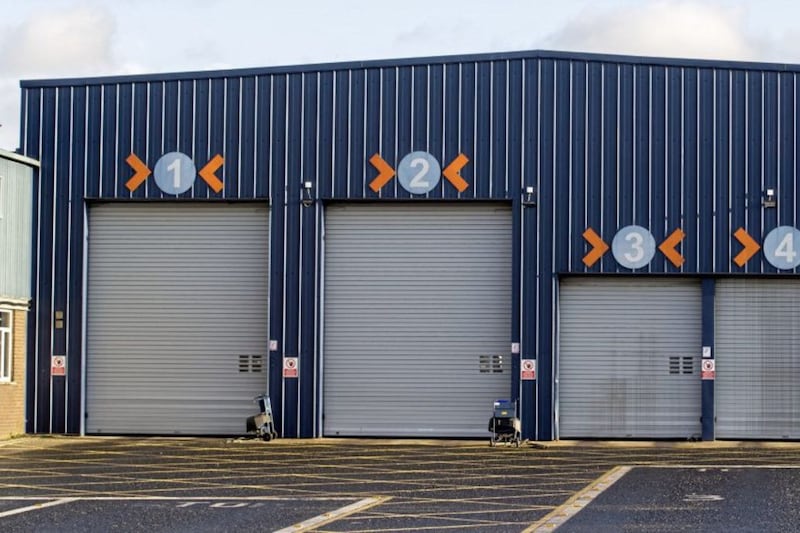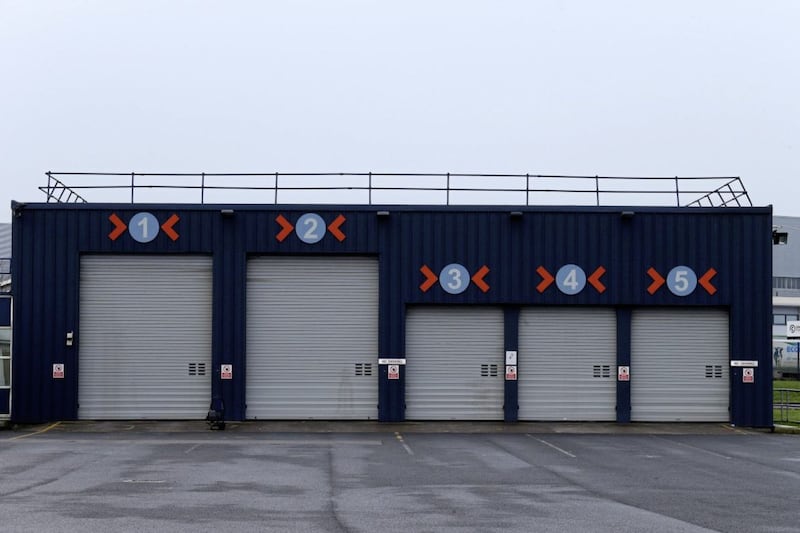TEMPORARY MOT exemption certificates could be extended to six months, infrastructure minister Nichola Mallon has said.
The SDLP minister also revealed it could be mid-July before 52 new MOT lifts are "fully installed".
Ms Mallon announced last week that lifts that have forced the suspension of MOT tests in the north since January are to all be replaced at a cost of £1.8 million.
Tens of thousands of test appointments have been cancelled since cracks were found in lifts at Driver and Vehicle Agency (DVA) test centres across Northern Ireland.
Motorists whose tests have been cancelled have been able to continue driving using temporary exemption certificates (TEC), which covers drivers for four months.
This allows road users to tax their vehicle and keep it on the road.
However, Ms Mallon told the assembly's infrastructure committee yesterday it was "likely" these certificates will have to be extended during the installation process of new lifts.
"It is likely that I will have to extend the TEC period further for those who have been issued with one," she said.
"We could extend them for a further two months, which would give a TEC period of six months."
Asked about the backlog of tests during the installation period, she said: "What we are weighing up is as the lifts are being installed do we then just start to call the people whose tests are due at that time, which would almost ring-fence the people who already been provided with TECs so that we are furthering the continuation of that and we're not affecting a new group of motorists.
"That would be my preferred option in terms of trying to minimise disruption."
Ms Mallon has already ordered two probes to establish how the cracks went undiscovered for so long.
She said she was still awaiting the results of the audit report to "see what action was taken and wasn't".
But she said she believed the "situation arose because of two things - an inadequate inspection regime and overuse of machinery".
"I think for me the inspection regime was inadequate, what I have said going forward is there needs to be a much more robust inspection regime with a check-list and there has to be a much more improved reporting," she said.
"The frequency will likely remain the same but it will be a much more robust and extensive inspection regime going forward."






